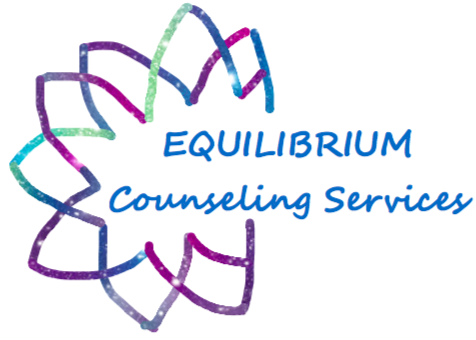The Value of Self-Identifying Autism
Happy Autism Acceptance month! The internet is currently reacting to the increase in Autism diagnosis, and debating the validity of self diagnosing/identifying. As a self-identified Autistic psychotherapist that provides Autism diagnostic assessments, I have a few thoughts on the topic.
Why are people self identifying instead of seeking an “official diagnosis?”
Accessibility
Why it is difficult to receive an official diagnosis:
Most insurance plans do not cover full neuropsych evaluations for adults
Out of pocket a neuropsych evaluation can cost anywhere from $4,000 to $8,000
The waiting list to see a psychologist for evaluation can be months to years long
In CA, Masters level clinicians (with adequate training) can provide assessments but it is inconsistent who will accept the diagnosis
All of these create an environment where it is difficult to access an “official diagnosis.” Whether it be financial limitations or lack of availability of resources. What do you do if an "official diagnosis" isn't an option?
Misdiagnosis
Many adults, including myself, who are self identifying as autistic, have an extensive history of other mental health diagnoses that have not fully explained their experience. Only 20% of Autistic women are diagnosed in childhood, leading to higher experiences of Anxiety, depression and trauma.
Our understanding of what Autism looks like for women, BIPOC and people assigned female at birth is expanding rapidly after years of little to no research of Autism in these populations. As a result, many individuals have developed extensive coping skills and systems in order to survive. Coping skills lead to masking which is literally an attempt to hide Autistic traits, consciously or unconsciously. Masking makes symptoms much more difficult to identify as an outside observer further increasing misdiagnosis. This is why we prioritize a person's lived experience over observation during assessment.
The primary concern I hear from other clinicians is the possibility of a false positive. Someone attaching to a label of Autism when it really is something else. That is entirely possible, and yet we have already been misdiagnosed for decades. No matter the diagnosis, utilizing neurodivergent affirming practices, understanding sensory needs and advocating for accommodations is going to be beneficial.
What I encourage everyone to do with any diagnosis, is to keep learning about yourself, your needs and how you connect with others. No diagnosis is an excuse to stop growing, but rather an explanation of your experiences and ways you can grow.
What is the validity of self-identified Autism?
Most people who self identify are not doing so after watching one Tik Tok video. They are watching hours of content over months and years, reading all the books on Autism, and are constantly questioning if it is accurate or if they are an imposter. A feature of Autism is highly researching and understanding every angle of a topic. New research shows that the vast majority of people who self identify and are later assessed are accurate.
That doesn't mean Autism is the only diagnosis at play because Autism has many overlaps and comorbidities with mood disorders, processing types and autoimmune disorders. It is important to rule out all possibilities and continue learning about yourself. For many, self identification has opened the door to incorporating sensory accommodations, communication supports, and setting clear boundaries. It shifts their internal dialogue from “There is something wrong with me” to “Oh, I’m Autistic, it makes sense I prefer the same thing for lunch everyday.” That alone removes a heavy mental burden. You are not an imposter for trying on an identity or diagnosis to see if it fits you.
Minors
I do fully support neuropsych evaluations for minors because the brain is still actively growing and developing. There are significantly more resources and supports available and a high benefit to understanding in full detail how your child learns, processes and accesses information. Testing is also typically covered by insurance or the school district making it more accessible for minors and their families. It is important to look for a neurodivergent affirming provider as there is still bias and misunderstanding that can lead to children being overlooked if they are high masking or low support needs.
It has now been a full year since I publicly shared about my Autistic Identity. I’ve made a number of minor changes that have all added up to a significant positive impact on my life and functioning. Better understanding my sensory needs, energy levels and communication limits has decreased fatigue and stress in my life. There have been difficult moments too, of challenging internalized ableism and questioning neuronormative expectations of myself and my team. The best part is connecting with other Autistics and finding a community that instantly feels like home.
Resources if you are looking into Autism
Neurodivergent Therapist Resource Page (additional book, podcast, and other recommendations)
* If you are wanting professional confirmation of a self diagnosis or a formal assessment and you live in the state of CA, learn more about our services here. Please reach out to see how we can support you.

